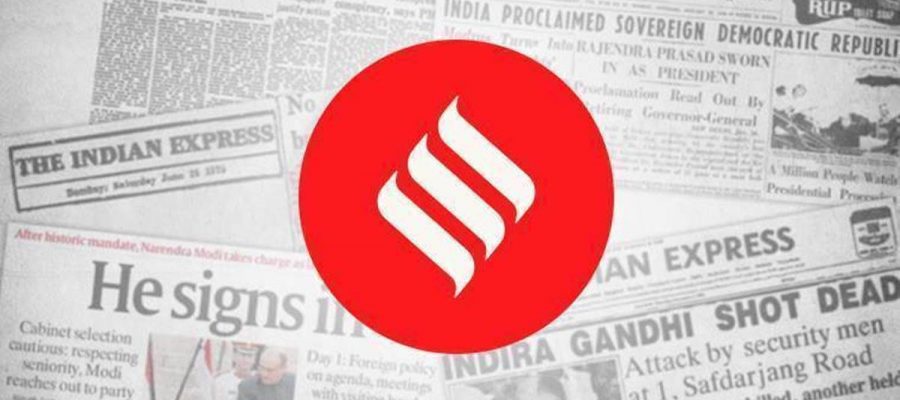In Jeff Bezos’s holiday plans, a larger message: Inequalities are not left behind on earth.
On July 20, 1969, Neil Armstrong took a “giant leap for mankind”. There were strategic reasons for NASA’s space programme and the lunar mission — not least the advances made by the Soviet Union in space exploration. But what the mission to the moon also did was to unite the world in marvelling at the limitless possibilities of human endeavour; that it could literally aim for the stars. In 2021, though, celestial ambitions have come a long way further. The world’s richest man, Jeff Bezos, is planning a joyride to space with his brother on July 20, a fortnight after he steps down as CEO of Amazon.
Admirers of Bezos’s success, and believers in an Ayn Rand model of individual ambition and achievement, may find the billionaire’s holiday plans heartening. After all, if Bezos — a nerd with childhood dreams of space travel — can make his fantasies come true, thanks to his wealth, can’t everyone? No longer is space travel subject to the bureaucracy of states — it must also heed the whims of the super-rich. But before celebrations of the adventurousness of billionaires commence, a caveat.
The Cold War motivations for space travel notwithstanding, the 1970s held out the hope that as human beings move beyond the horizon, the petty divisions that plague them will be left on earth. Space exploration was undertaken by governments, often with many collaborating to explore the infinite commons of the cosmos. Even in science fiction — Star Trek in particular — human beings only reached their potential when they left behind inequalities on earth. But the future envisioned in the ‘70s is here. And unfortunately, even to be an astronaut, you have to be rich first. Exploration and a sense of wonder, it seems, have been monetised.
Source: Read Full Article


